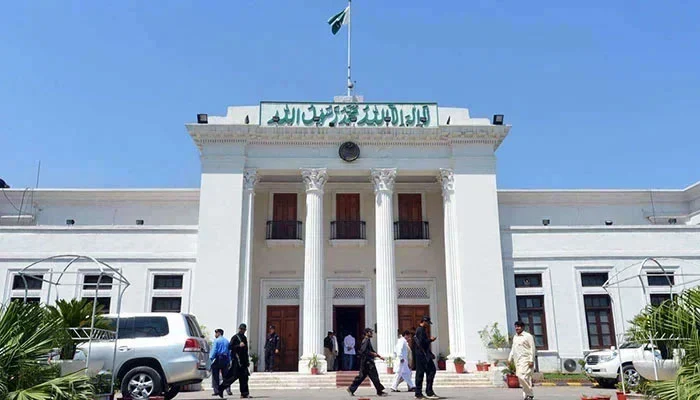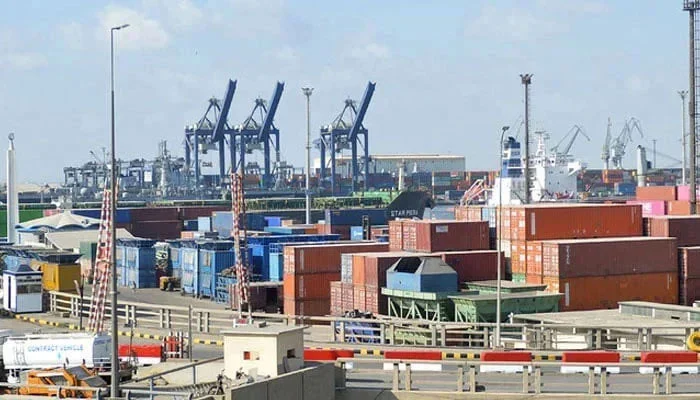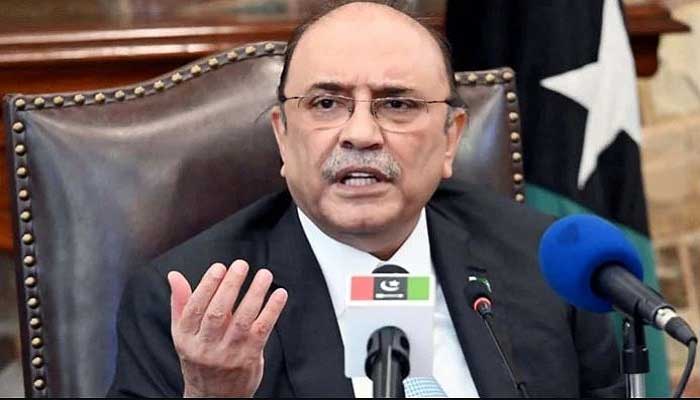PESHAWAR: Growing discontent within the Pakistan Tehreek-e-Insaf (PTI) ranks surfaced as PTI Peshawar leadership criticized the Khyber Pakhtunkhwa (KP) government over poor development work in the provincial capital.
Key Concerns Raised by PTI Leaders
At a PTI district meeting, senior party leaders including PTI Peshawar President Irfan Saleem, former deputy speaker Mahmood Jan, and MNA Shandana Gulzar voiced concerns over the government’s failure to address civic and infrastructure issues.
A communiqué issued after the meeting highlighted:
- Neglect of key Peshawar constituencies in development projects.
- Dysfunctional sewerage system, leading to severe urban flooding during rainfall.
- Worsening sanitation system due to inefficiencies at the Water and Sanitation Services Peshawar (WSSP).
- Lack of clean drinking water and poor street lighting in several areas.
- Decline in economic activity, with the real estate sector collapsing and businesses suffering.
- Diversion of Peshawar’s development funds to other districts.
- Failure to implement the Safe City Project, which was proposed in 2009.
- Delays in the Indus Hospital project due to inefficiencies.
The communiqué warned that if issues remained unaddressed, PTI members and workers could stage protests.
Government’s Response
- Arbab Asim, focal person for Peshawar Mega Projects, assured that the government is actively working on various projects and will consider the concerns raised.
- PTI Peshawar President Irfan Saleem emphasized that grievances were not just against the provincial government but also elected representatives who have failed to deliver.
- Barrister Muhammad Ali Saif, Adviser to the Chief Minister on Information, defended the government’s performance, stating that development was being carried out province-wide and concerns would be addressed accordingly.
PTI’s Internal Friction Over KP Governance
The public criticism from PTI’s own leadership signals internal dissatisfaction, especially as Peshawar has been a PTI stronghold for over a decade. With the party facing political and financial challenges, the growing frustration among its members could lead to further tensions within its ranks and with the provincial leadership.




